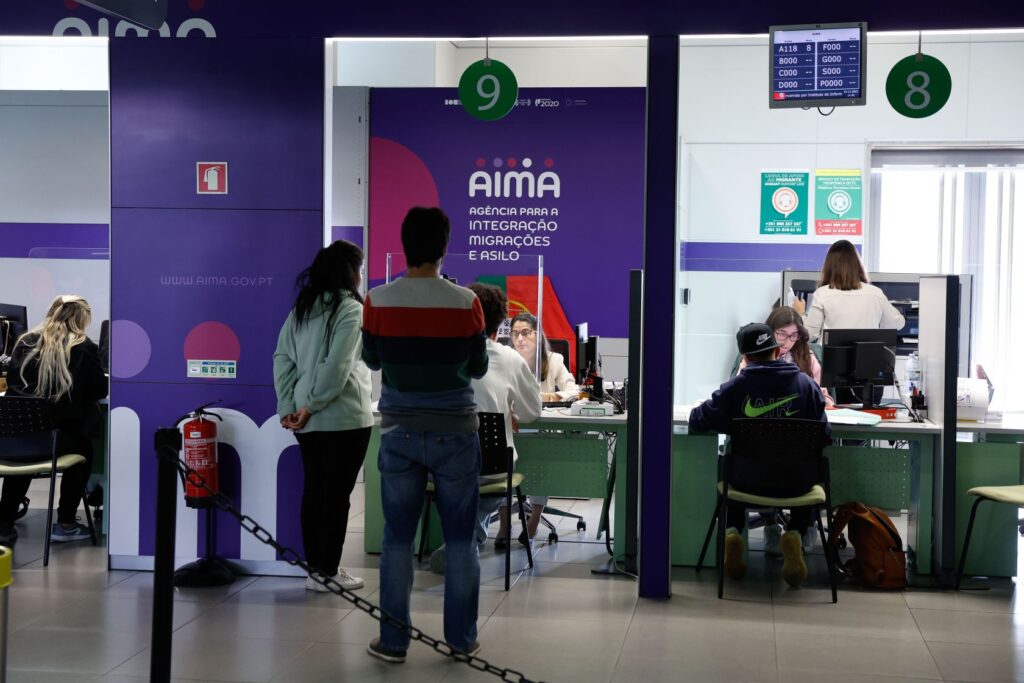
Portugal. AIMA Increases Service Capacity to 6,000 Daily Consultations
Key Takeaways:
- AIMA’s Surge in Service Capacity: The Agency for Immigration, Migration, and Asylum (AIMA) in Portugal has dramatically increased the number of daily consultations from 800 to 6,000.
- Progress in Addressing Backlog: Out of 400,000 pending cases, 150,000 have already been processed.
- Establishment of Mission Structures: AIMA has created 24 mission structures across Portugal, operating autonomously with support from the central office.
- Goal of the Reform: The reform aims to resolve long-standing issues and ensure timely responses to citizens’ inquiries.
In a significant development, Portugal’s Agency for Immigration, Migration, and Asylum (AIMA) has successfully boosted its capacity to process citizen inquiries, increasing the number of daily consultations from 800 to an impressive 6,000. This leap in service capacity comes as part of the government’s ongoing efforts to streamline the asylum and immigration processes and improve response times for citizens.
Addressing the Backlog
The surge in consultations is also linked to the successful processing of a large portion of the country’s pending asylum cases. There are currently 400,000 cases in the backlog, but, according to Deputy Secretary of State for the Presidency Rui Armindo Freitas, 150,000 of these cases have already been resolved. While significant progress has been made, the remaining cases still require attention, with some facing issues such as non-compliance with required documentation or other discrepancies.
Mission Structures to Aid Efficiency
To manage the growing demand for services, AIMA has set up 24 mission structures throughout Portugal. These structures operate autonomously, handling cases and consultations independently but with essential support from the central AIMA office. This decentralization allows for more localized and efficient processing of asylum applications and immigration cases, ensuring that resources are distributed effectively across the country.
The establishment of these mission structures is part of a broader initiative to modernize and improve the efficiency of Portugal’s immigration and asylum system. By decentralizing operations, AIMA can better serve citizens and streamline the handling of cases, reducing the time individuals must wait for responses.
Addressing Systemic Challenges
The goal of this reform is to tackle long-standing issues that have plagued Portugal’s immigration system, including backlogs, delays, and inefficiencies. Asylum seekers and migrants often face frustratingly long wait times, which can result in uncertainty and hardship. The reform aims to provide more timely and reliable responses to ensure that citizens’ needs are met more quickly and effectively.
The Portuguese government’s move to reform and expand AIMA is seen as a significant step in improving the country’s immigration system, making it more responsive and better equipped to handle the needs of both citizens and newcomers.
Looking Forward
The substantial increase in daily consultations and the establishment of mission structures reflect the government’s commitment to enhancing the immigration process and making it more accessible to the public. While there is still work to be done to fully address the backlog, these measures demonstrate a concerted effort to create a more streamlined and efficient system, benefiting both asylum seekers and those in need of immigration services.
As Portugal continues to face rising demands for immigration and asylum services, the expansion of AIMA’s capabilities will be crucial in ensuring the country can manage this growing responsibility while maintaining the integrity of its asylum and immigration processes.
#
Source
